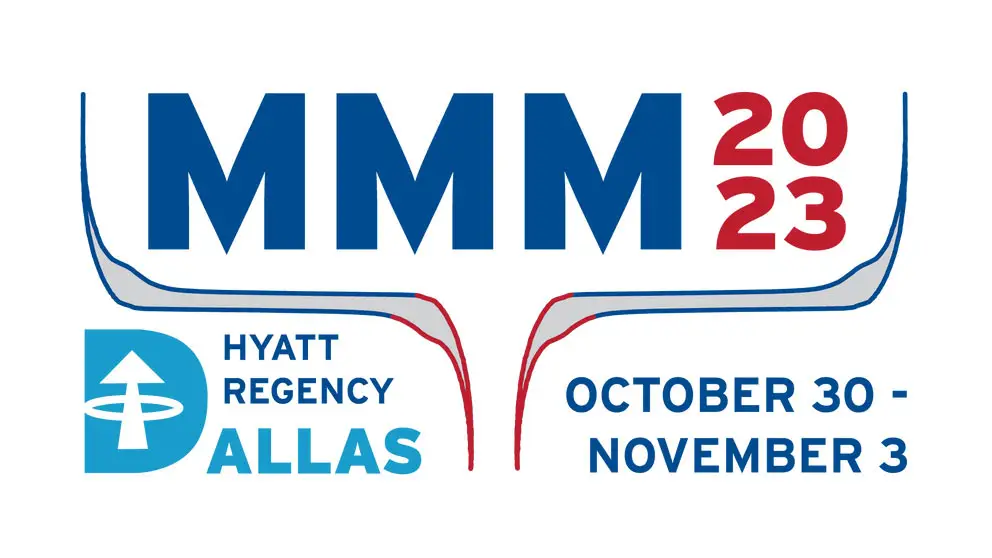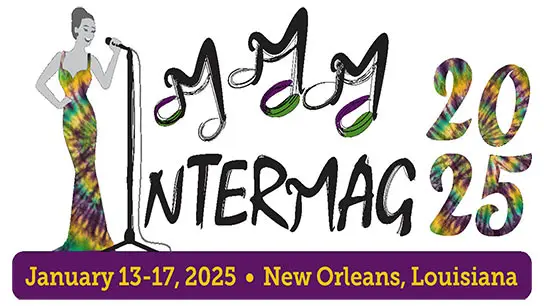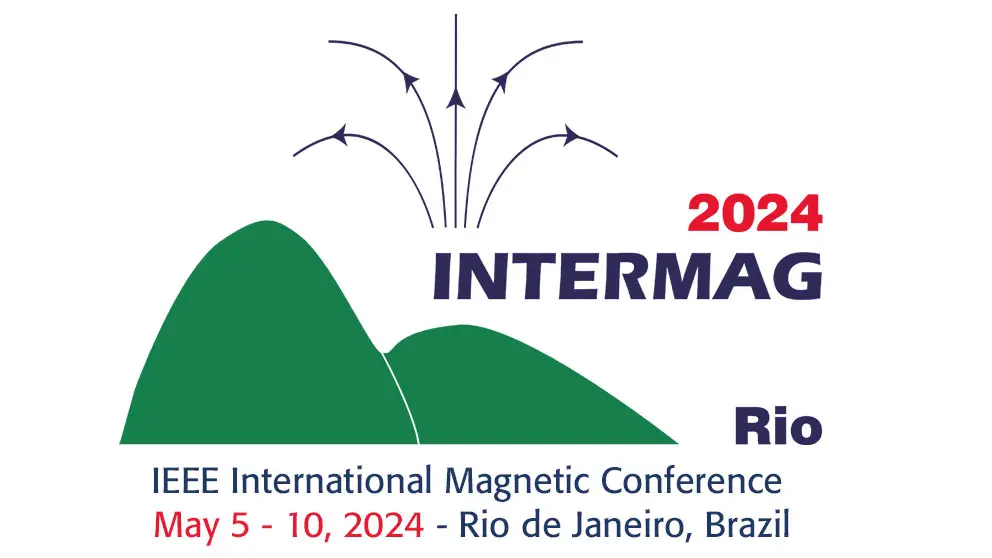CF-02 : Quantum Annealers to Advance Understanding of Frustrated Magnetism
Alejandro Lopez Bezanilla
Oral
27 Oct 2023
Quantum annealer technology is initiating a revolution in quantum computing and revolutionizing the field of magnetism research. D-Wave Quantum's specialized qubit-based computer harnesses superposition and entanglement to explore the ground and low-energy states of Ising-type systems. With quantum annealers, magnetic lattices find an ideal hardware platform to dynamically explore their manifold of configurations through the influence of quantum fluctuations. After providing an overview of the processor's fundamental operation, this presentation will delve into several ongoing studies that showcase the scientific advantages offered by this quantum technology. By manipulating individual magnetic moments, we can demonstrate Gauss' law for emergent magnetic monopoles in two dimensions and explore entropic monopole-monopole screening interactions [1]. Through experiments on a frustrated kagome qubit lattice, we have observed out-of-equilibrium behavior of quasi-particles resulting from successive annealing cycles [2]. In back-and-forth travel between quantum and classical worlds, fractional excitations wander within a topologically protected environment. Additionally, we replicate order-by-disorder-like phenomena in a frustrated quantum system, where an increase of the effective temperature paradoxically enhances long-range correlations between magnetic moments. Finally, a material prototyping study reveals multiple magnetic textures in a Penrose tiling when subjected to a modulating magnetic field [3].References: [1] A.D. King, C. Nisoli, et al. Science, eabe282 (2021) [2] A. Lopez-Bezanilla, C. Nisoli, Science Advances Vol 9, Issue 11 (2023) [3] A. Lopez-Bezanilla, J. Carrasquilla, K. Boothby et al., Nature Communications 14, 1105 (2023)


